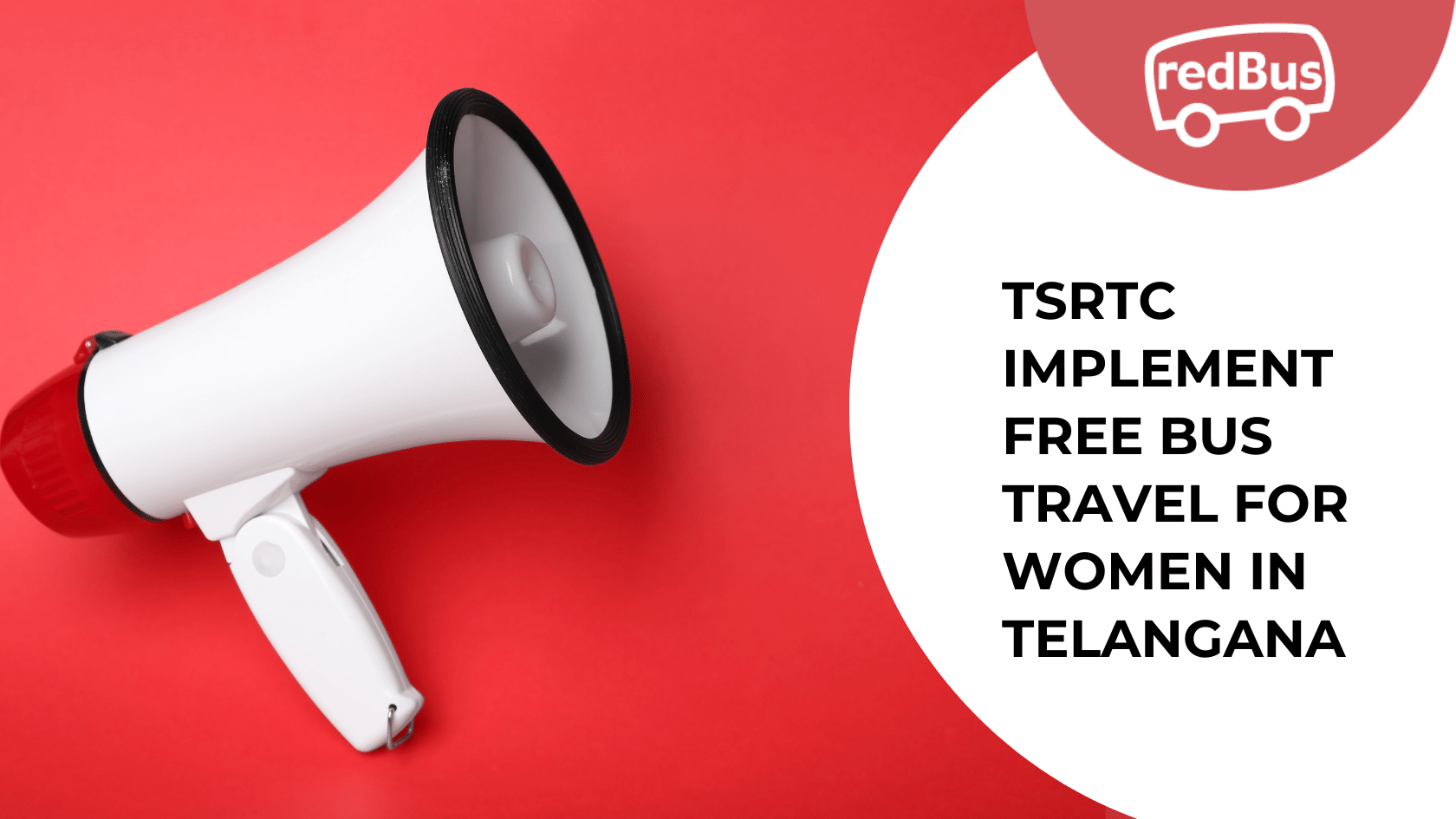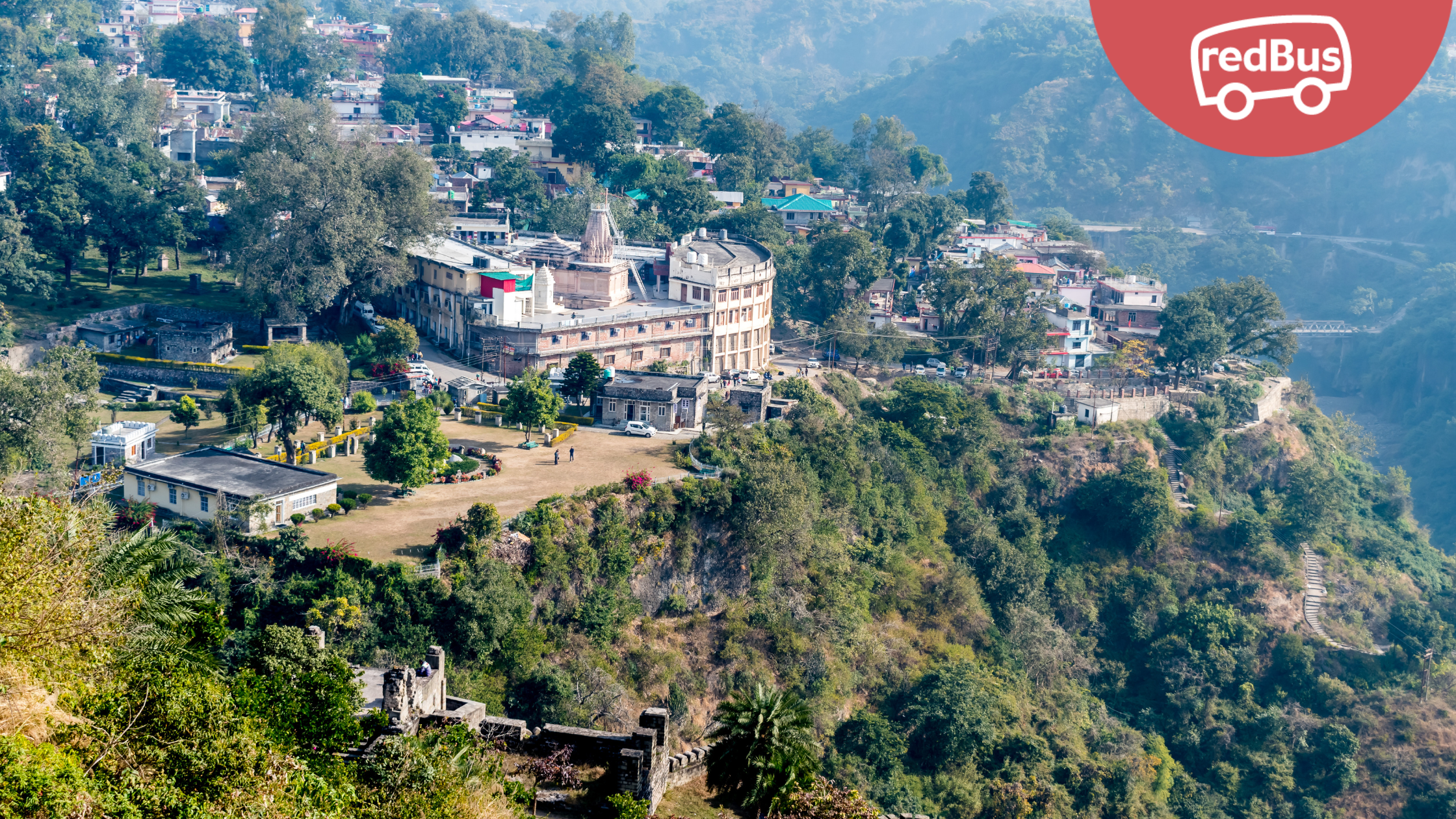The Telangana State Road Transport Corporation (TSRTC) has taken proactive steps towards the implementation of the free bus travel for women scheme in Telangana. This initiative, recently proposed by the Congress party as part of their election guarantees, aims to provide complimentary bus services for women, covering all TSRTC services, including city, ordinary, and express bus services.
If executed across both TSRTC Palle Velugu and Express buses, the anticipated cost for implementing this scheme is estimated to be Rs 2,200 crore annually. However, if the initiative is limited to the RTC buses under Palle Velugu, the projected cost would be approximately Rs 750 crore per year. To ensure the efficient implementation of this scheme, senior officials from TSRTC have been diligently assessing the financial implications and viabilities associated with providing free bus services to women across various bus categories.
In an effort to gain valuable insights into the execution of a similar scheme, a team of officials from TSRTC recently visited Karnataka to meet with their counterparts at the Karnataka State Road Transport Corporation (KSRTC). This fact-finding mission involved visits to key locations such as Bengaluru and Gulbarga to better understand the nuances and operational aspects of the existing scheme in Karnataka.
The proposed scheme in Telangana covers all TSRTC services, allowing women to avail free bus services within the state. However, travel to state borders, even if initiated within Telangana, will require the purchase of tickets. Additionally, the TSRTC is exploring a reimbursement mechanism for free travel for women. The government would reimburse the RTC based on the actual distance traveled by women, ensuring a fair and efficient financial model for the initiative.
Drawing inspiration from the Shakti Scheme in Karnataka, which enables women in the state to travel for free on non-premium buses, the Telangana government aims to create a similar mechanism for its female commuters. Launched on June 11 in Karnataka, the Shakti Scheme has successfully benefited 38.69 crore women until August of the same year, costing the state exchequer Rs 900 crore.
In terms of technicalities, the TSRTC currently operates a fleet of 9,233 buses, covering a variety of services including City Ordinary, Metro Express, Metro Deluxe, Palle Velugu, Express, Deluxe, Super Luxury, and Luxury buses. This extensive fleet covers 32 lakh km on 3,328 routes per day, catering to about 45 lakh passengers in Telangana and neighboring states. As of 2023, the corporation employs nearly 50,000 personnel, including those on a contract basis, and boasts a daily collection of more than Rs 13 crore. The implementation of the free bus travel for women scheme is poised to make public transportation more accessible and inclusive, aligning with the government’s commitment to social welfare.
Seat allocation for Men in TSRTC bus
In additioned to this TSRTC also allocated of 20 out of 55 seats for men has sparked discontent among some, leading to increased pressure on the RTC. This has prompted the Telangana State Road Transport Corporation (TSRTC) to contemplate a significant decision. The proposal involves reserving these seats for men, a departure from the previous practice of exclusive reservation for women. As discussions unfold among RTC officials, there is speculation about the potential consequences of such a move. To address this, authorities are considering the allocation of a minimum of 20 seats for men out of the total 55 in the bus.
In this context, higher-ups are actively seeking opinions from managers across all depots to gauge the potential impact. Simultaneously, there is concern about potential opposition if seats are indeed set aside for men.
This development comes against the backdrop of a noteworthy absence of seat reservations for men in buses across the country, except for specific categories such as senior citizens, disabled individuals, and women. Dissatisfaction among male passengers has been voiced, particularly when they find themselves without seats despite purchasing tickets. In response to these concerns, officials are contemplating the introduction of seat reservations for men.
Moreover, the Managing Director of the company, Sajjanar, recently disclosed that the fleet of buses is being expanded to accommodate the growing traffic demands.











